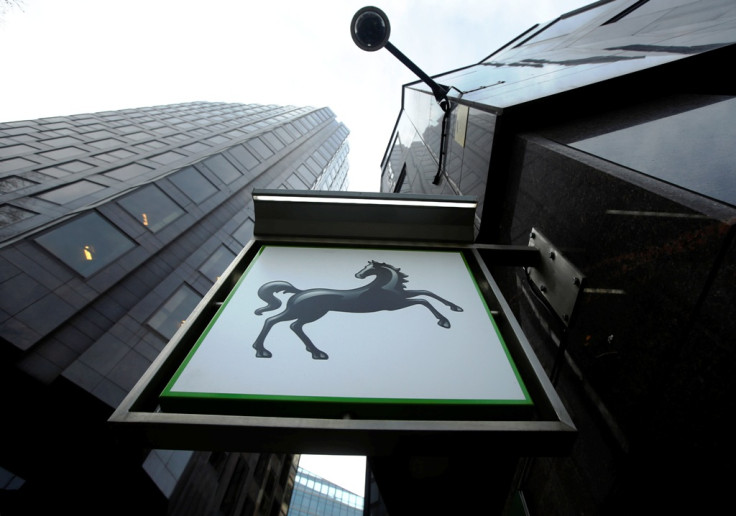Lloyds loses £660m on TSB sale but underlying profits up 21%

Lloyds Banking Group lost £660m ($1bn, €902m) on the sale of of TSB, driving its statutory profits down 11% in the first quarter.
The bank reported statutory pre-tax profits of £1.2bn, 11% lower than the same period last year.
It also reported a 21% increase in underlying profits for the first three months of the year.
The bank, which is partially owned by the UK state, said it made a pre-tax profit before one-off items of £2.2bn ($3.4bn, €3bn,) after it improved its margin and reduced losses for bad debts.
Lloyds said losses from bad debts had fallen 59% compared to a year ago.
Lloyds chief executive Antonio Horta-Osorio has driven the turnaround at the bank, which announced its first dividend in February since it was bailed out in 2009.
The UK government rescued Lloyds at the height of the global financial crisis, injecting £20bn that left British taxpayers with a 41% holding in the company.
The government has since reduced its stake to around 20%. The Conservative party said last week that it would sell part of its stake to private retail investors at a discount if it wins the UK election on May 7.
The Tories had sought to sell shares to private investors in 2014 but halted the policy when the share price began to decline.
© Copyright IBTimes 2025. All rights reserved.






















